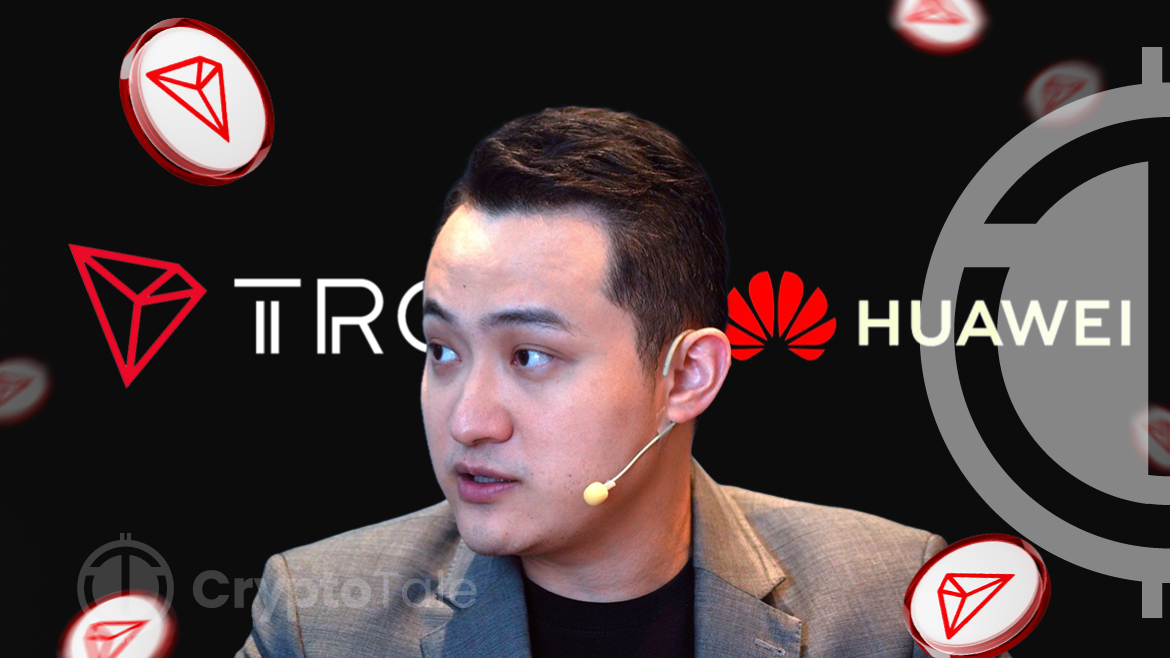
Justin Sun, the founder of the Tron blockchain, has recently expressed mixed reactions to a United Nations report criticizing the use of the popular stablecoin USDT. Sun acknowledged the UN’s concerns about blockchain technology’s misuse but diverged on certain factual aspects. He emphasized Tron’s commitment to supporting the UN’s efforts against blockchain misuse and pointed out inaccuracies in the report regarding USDT transactions on Tron’s TRC-20 protocol.
Sun’s response came after the UN warned of the increasing use of Tether’s USDT for money laundering and scams, especially in Southeast Asia. According to the UN, online gambling platforms are major conduits for such activities, with USDT being a prominent payment method. Tether, in response, defended its role, highlighting its significance in developing economies and underscoring its transparency, which makes USDT an unlikely tool for illicit activities.
The UN report underscored the prevalent use of USDT in various forms of fraud, including “pig butchering” scams. Tether, acknowledging its commitment to combating such abuses, cited an instance from November where it assisted the U.S. Department of Justice in freezing about $225 million in USDT linked to a human trafficking group involved in such scams.
Further, the report also details law enforcement efforts to disrupt money laundering networks using Tether for illicit activities. One notable operation in Singapore last August successfully dismantled a network and recovered approximately $735 million in cash and cryptocurrencies.
Tron, in its statement, highlighted its leadership in USDT circulation via the TRC-20 protocol, noting its global market share. The network underlined its continuous engagement with on-chain forensic partners to monitor blockchain transactions. It reiterated that as a decentralized technology, Tron cannot directly control third-party actions, including those of Tether.
In a broader context, Sun expressed his understanding of blockchain technology’s importance for global cooperation, given his experience as a diplomatic ambassador at international institutions. He stressed the need for blockchain education and expressed willingness for collaboration between Tron, HTX DAO, and the UN in the globalization of blockchain.
Previously, Tether, the firm behind USDT, was the first to express disappointment, particularly over the emphasis on USDT’s alleged role in illicit activities. The company noted that Tether tokens that use public blockchains make it possible to “track every transaction.” They argued this transparency renders USDT an impractical choice for illegal use. Tether further criticized the report for “ignoring its role in helping developing economies,” underscoring their commitment to facilitating financial inclusion.














